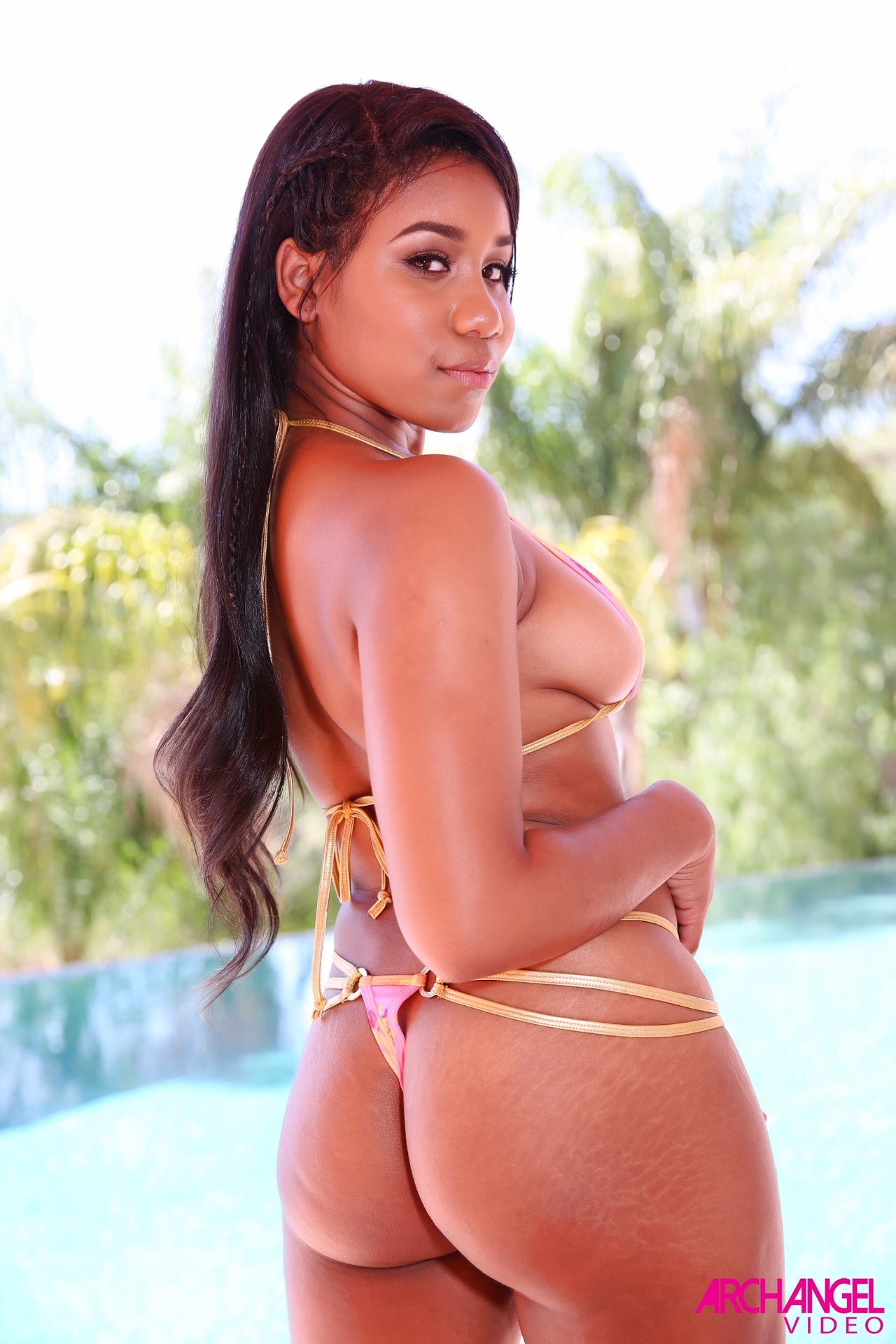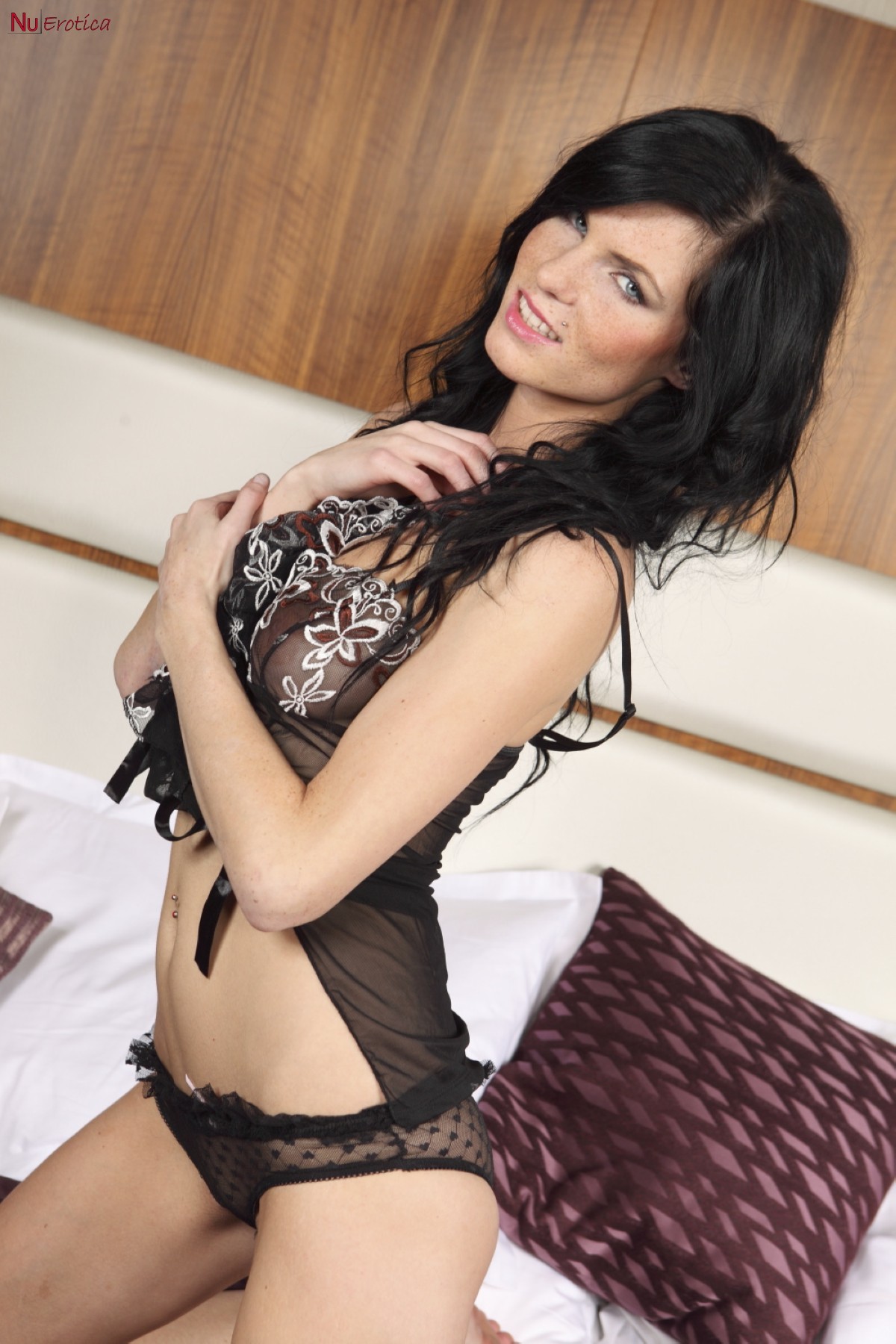
A Literary Perspective on Erotic Literature: Exploring the Allure of +18 Stories
Erotic literature, also known as +18 stories, has been a part of human culture for centuries, from the ancient Indian text “Kama Sutra” to modern-day romance novels with steamy scenes. Despite its long history, this genre continues to be a source of controversy and fascination, often due to misunderstandings about its purpose and content.
At its core, erotic literature is a form of storytelling that explores the complexities of human desire, attraction, and intimacy. It is a way for writers to delve into the nuances of sexual relationships and the emotions that accompany them, providing readers with a safe and consensual outlet to explore their own desires and fantasies.
One of the key elements that sets erotic literature apart from other genres is its focus on the inner world of its characters. While traditional romance novels often emphasize xvídeos external conflicts, such as misunderstandings or external threats to the relationship, erotic literature delves into the internal struggles and motivations of its characters. This allows readers to connect with the characters on a deeper level, as they navigate the complexities of their own desires and relationships.
Another important aspect of erotic literature is its emphasis on consent and communication. In contrast to depictions of non-consensual sexual encounters in some forms of media, erotic literature emphasizes the importance of mutual agreement and respect in any sexual relationship. This not only adds to the realism of the stories but also serves as a valuable reminder of the importance of consent in real-life situations.
Moreover, erotic literature can be a powerful tool for personal growth and exploration. By providing a safe and consensual outlet for readers to explore their own desires and fantasies, it can help individuals better understand their own sexuality and what they find appealing. This can lead to increased self-awareness, improved communication skills, and stronger relationships.
Of course, like any form of media, it is important to approach erotic literature with a critical eye. Not all works in this genre are created equal, and some may contain problematic or unrealistic portrayals of sexual relationships. It is essential for readers to be discerning and to seek out works that align with their values and preferences.
In conclusion, erotic literature is a unique and valuable form of storytelling that offers readers a safe and consensual outlet to explore their own desires and fantasies. By focusing on the inner world of its characters, emphasizing consent and communication, and providing a space for personal growth and exploration, this genre continues to captivate and intrigue readers around the world.





